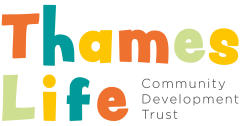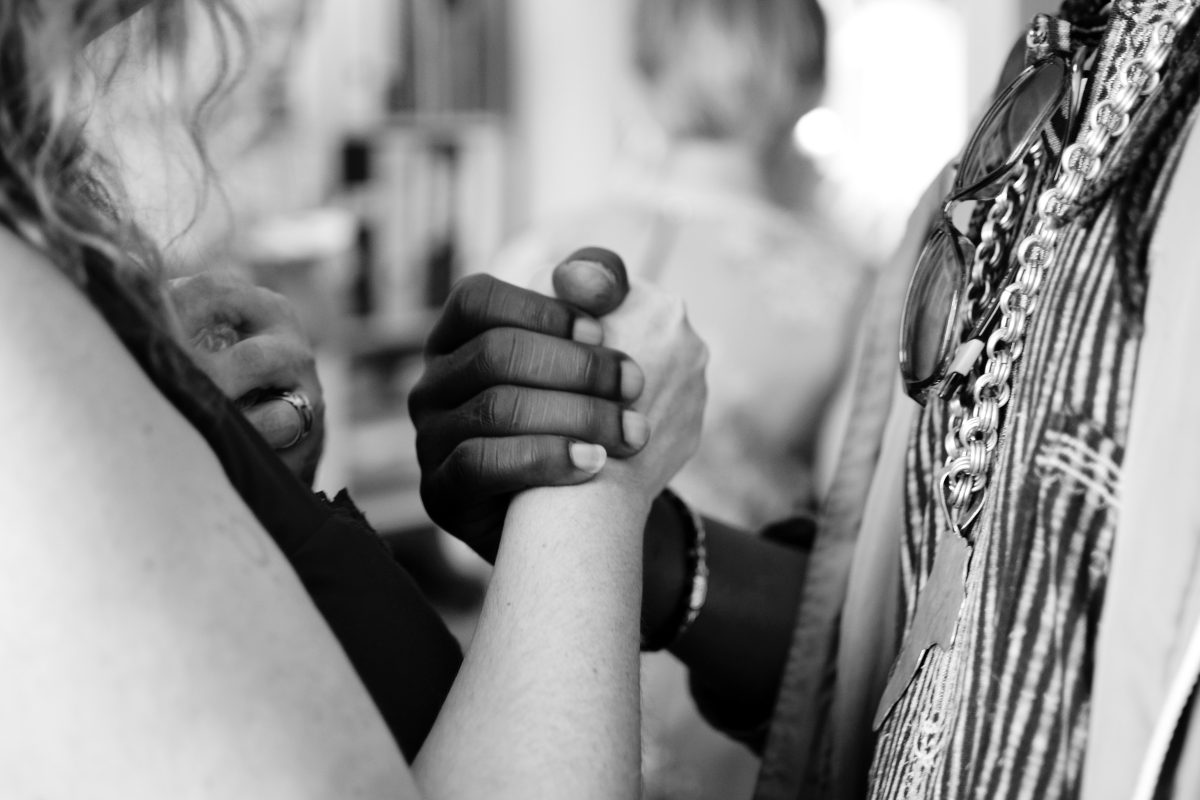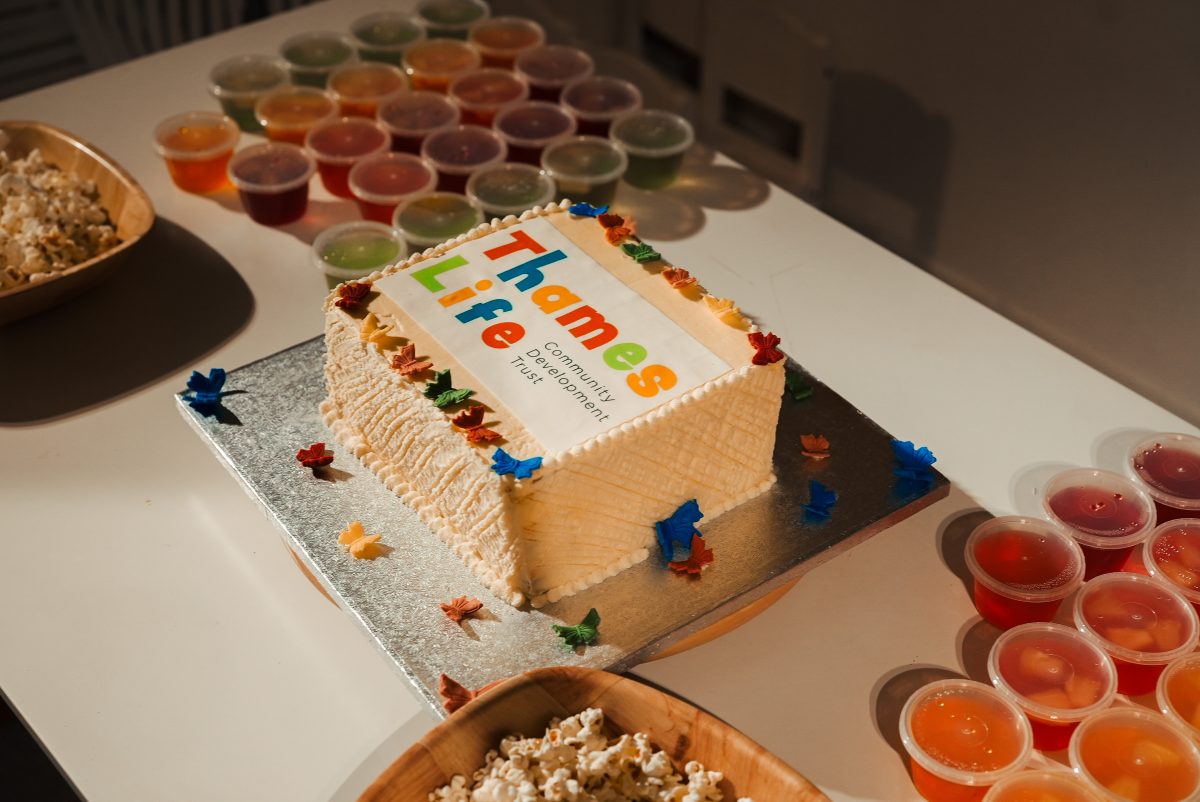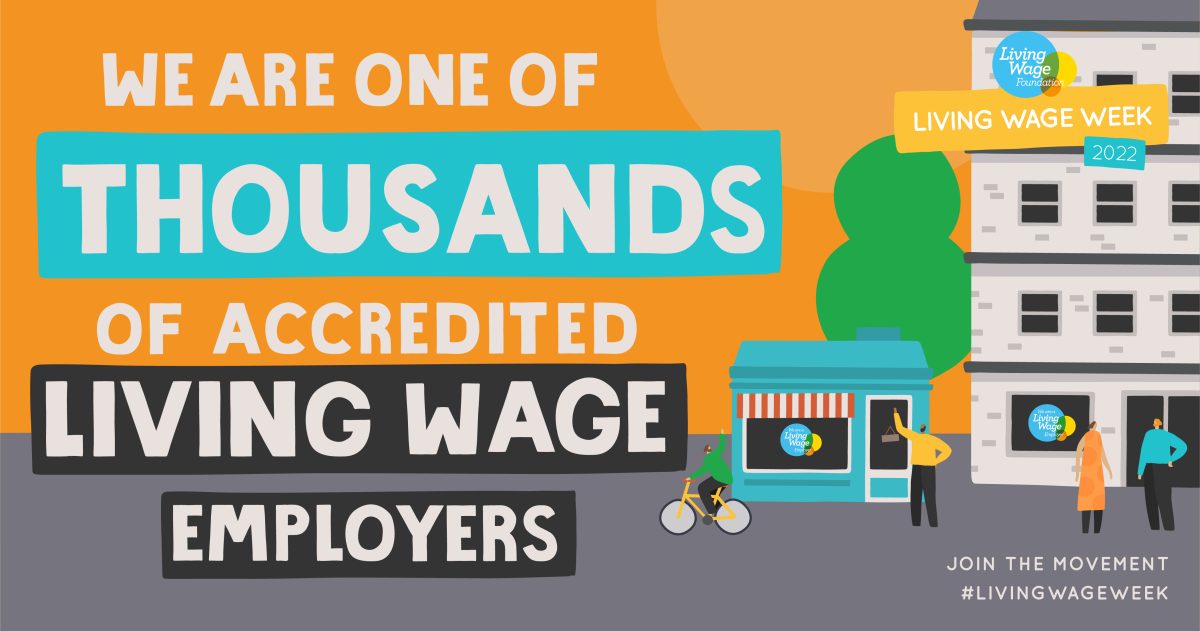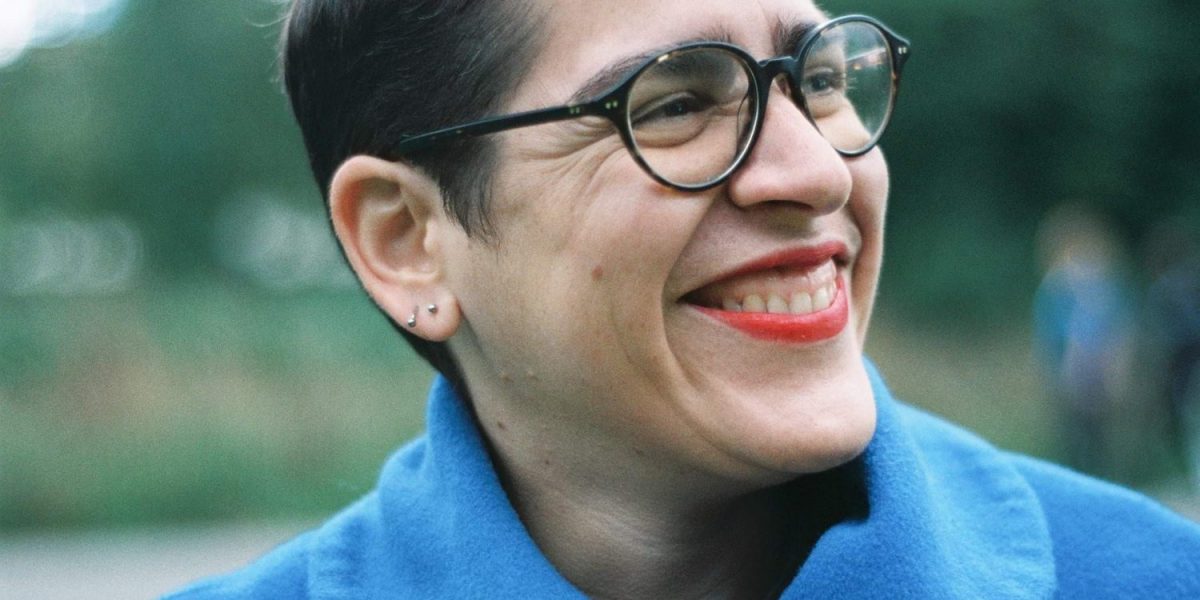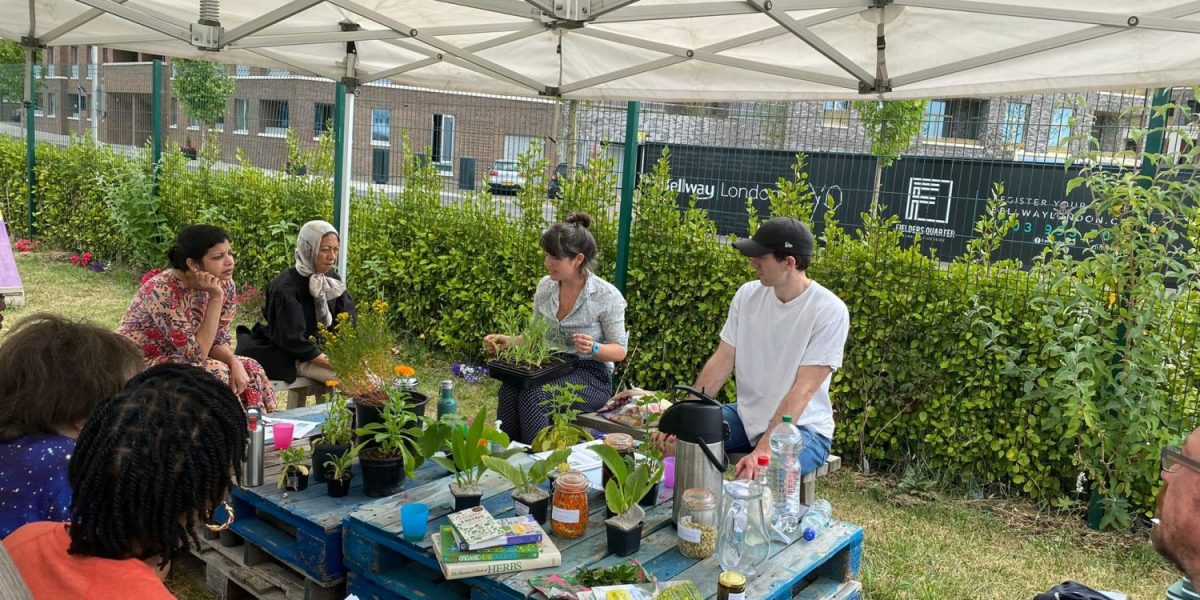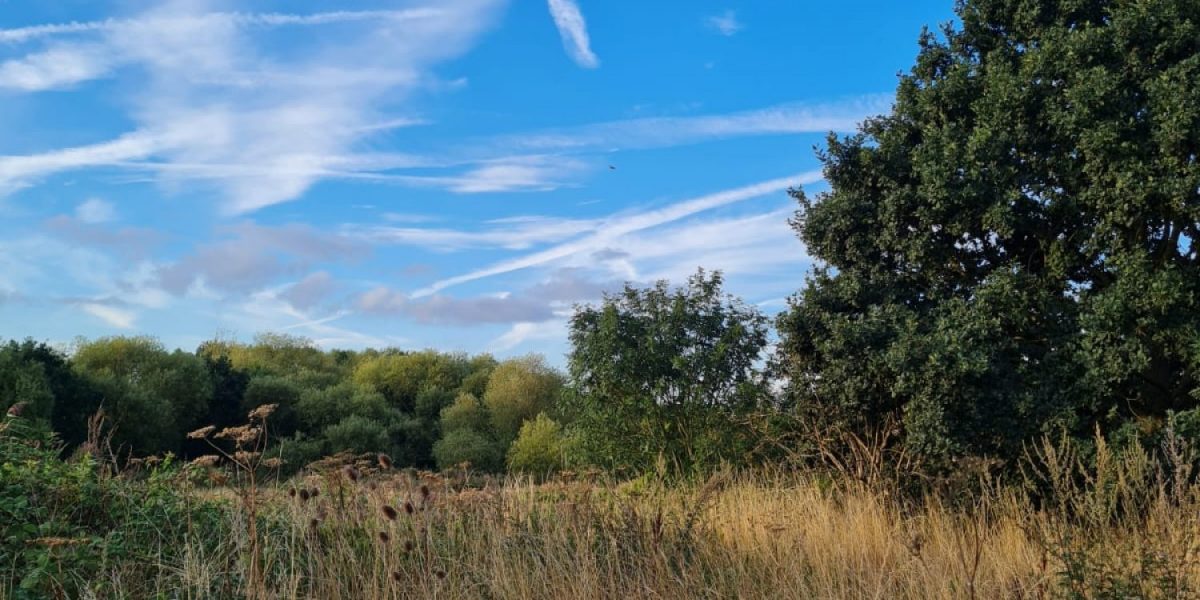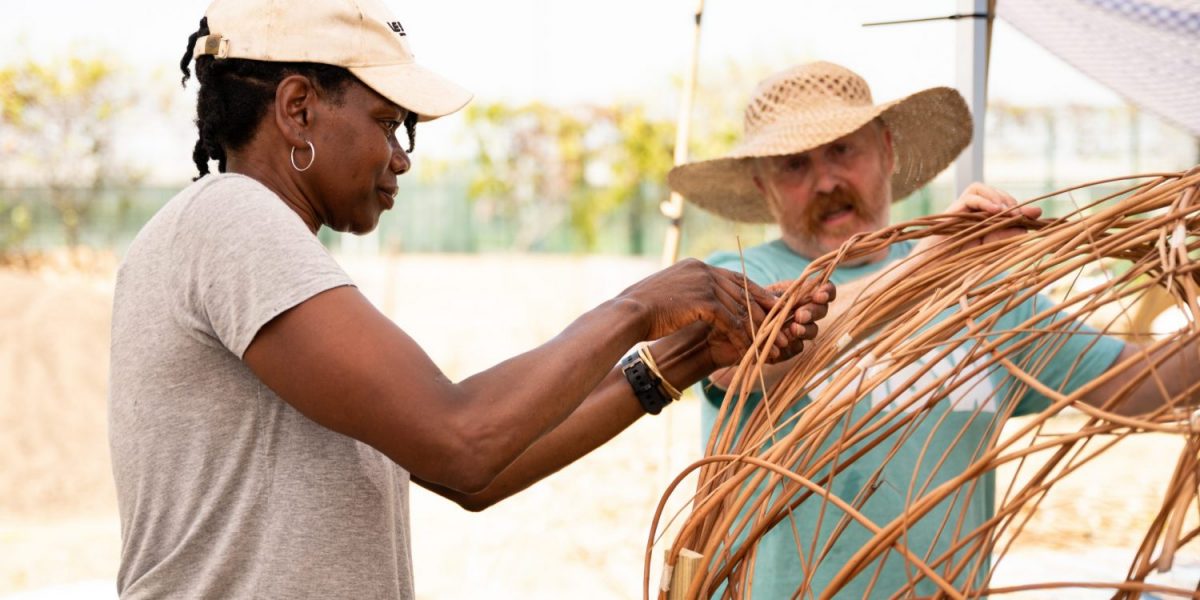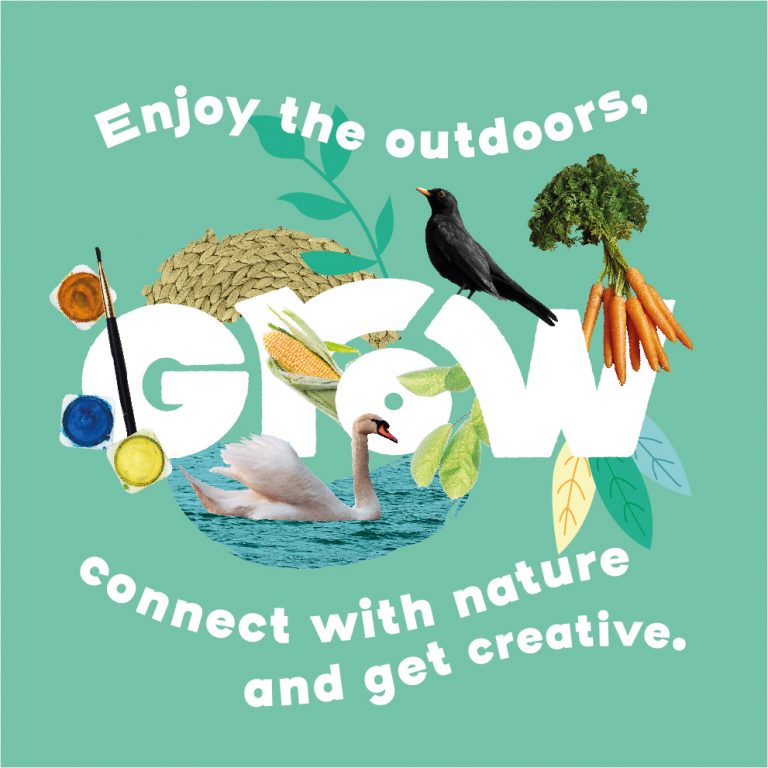Hi all, I’m Zahra. A lover of food, travel and Netflix. I have been a resident of Phase 2 on the Barking Riverside estate since 2020 and thank the Lord my husband and I moved to a bigger place ahead of the pandemic! Born and bred a North Londoner, now an East Londoner for the past 7 years and absolutely loving it. Moving from the green of Hainault, to the more urban Barking Riverside, the community feel here is truly what makes this place feel like home.
Pre-Pandemic, I was working in Marketing Agencies activating events, print media and TV and radio ads for global brands such as Guinness, Smirnoff, Silver Spoon Sugar and Jura. I loved my time in the marketing world, the projects were pretty amazing, but it was quite a work hard, play hard environment, which I no longer found rewarding, fulfilling or complementary to settling down and growing our little family. I had felt the itch to move to a different sector but with no idea on what sector or how to make the move.
After working in corporate marketing for 10 years, I found losing my job due to the pandemic, the perfect opportunity to search for a more fulfilling role. I soon found a part time job as Operations & Communications Lead for Church At Barking Riverside, and that helped introduce me to so many wonderful people in the community who make a real impact on those around us. It reignited my love for writing and inspired a dormant want to be active in my community. It led me to join the Resident Editorial Board for The RiverView, become a Trustee for Thames Life (previously TWCP) and be a part of the Barking Reach Resident Association. I have found a passion to make sure everyone on the estate and the wider Borough, has a platform to voice their opinions and concerns, as well as share their loves and joys.
Since getting involved with Thames Life and The RiverView, I was looking for another part time job to supplement my work at the Church. I then found out Zainab (Thames Life Communications & Outreach Officer) would be going on maternity leave and needed cover while she was off. It was the perfect opportunity for me to apply and luckily I was successful! It means I am back to being in full time employment locally and in a position to still be impactful in our community. It also gives me more exposure to the voluntary sector as a whole and all the stakeholders involved.
My hope for the Wards is for everyone to feel they have a place to have their say and speak their truth. Having a young family myself, I really hope this is the area my daughter and those of the next generation can thrive, in a safe environment. Thames Life is and will continue to be a driving force in making that happen and I’m so excited to be a part of the team, even if it’s just for a year!
Zahra Awani
Communications & Outreach Officer
